
Author Ocean Vuong and his dog Tofu at home in Massachusetts, USA - Photo: Aram Boghosian/ For The Times
After the success of the poetry collection Night sky with exit wounds , Ocean Vuong began to gain fame as a poet.
In 2019, Vuong released the novel On Earth We 're Briefly Gorgeous in the US. With just this debut novel, Ocean Vuong was recognized as a brilliant author of contemporary American literature.
So when Vuong announced his next novel, The Emperor of Gladness , the American public considered it one of the most anticipated novels of 2025.
The Ambitious Novel
Officially released in the US in May 2025, after more than three months, the Vietnamese translation of The Emperor of Gladness appeared in Vietnam, a rapid publishing speed, meeting the interest of readers, especially for a rising star like Ocean Vuong.
The Vietnamese translation by translator Tran Khanh Nguyen maintains the "tone" of Ocean Vuong that appeared in A Glimpse of Radiance in the Human World.
The Emperor of Gladness inherits the themes that appeared in his previous novels, but it is an inheritance that has been developed. Vuong once said in an interview with the Western press that if The Emperor of Gladness was his first novel, it would be difficult for him to complete the work. This is not an exaggeration.
The Emperor of Gladness is much thicker than A Glimpse of Glory in the Human World. The character system is also more numerous with many supporting characters participating in the modern American stage, where the "American dream" has shattered into thousands of scattered pieces that fly like autumn rain over people's lives.
They came to America from all over the world at different times, compelled by different reasons, and now together they witnessed the last "glimmer" of what had been not just a dream but a beacon that beckoned men to the "promised land."
Like the unreal blue light across the bay that once held Gatsby's faith in The Great Gatsby. Or like the character in Franz Kafka's novel America who first saw the Statue of Liberty in New York Harbor with "Her sword-wielding arm as if just raised and the free air blowing around her body" (translated by Le Chu Cau).
Although the statue of the Goddess actually holds a torch, not a sword, the dream's shimmering halo still shines, though not enough to make that light eternal enough to illuminate East Gladness, Connecticut in the 21st century.
In the middle of that century, a young man of Vietnamese origin met a Lithuanian woman who was near death. One old and one young, they became each other's support, warming each other, lighting up a small joy in a place lacking joy even though they were in the land of joy (gladness in English means joy).
Laughter and tears
Joy, or rather humor, is what Ocean Vuong wanted to bring to his second novel.
To some extent, Vuong succeeds in creating laughter, especially in the interactions between the characters in the story. The references to American popular culture make the space come alive with the pulse of the times, even if the pulse is somewhat sluggish.
The author brings the dust of the city into his writing, balancing the roughness and dust of urban life with the delicate sensitivity of a soul full of longing but submerged in a gloomy mood.
In The Emperor of Gladness , the weariness of youth collides with the weariness of old age, the weariness of modern America with its people at the bottom, struggling to maintain a basic level of life. How can I help you?
How can we help each other? Like the old Lithuanian woman with dementia saved the life of the young Vietnamese man. And the way the young man helped her, became her walking stick, became her mind.
The story has no end in sight
In The Emperor of Gladness, we can find many autobiographical elements similar to A Glimpse of My Brilliance in the World.
There are writers like that in the world, they tirelessly tell the same story over and over again. In Ocean Vuong's case, it is a story about origins, about faith, about the lonely melancholy of youth.
A glimpse of me is more personal in the human world. The Emperor of Gladness is universal, a more "American" story.
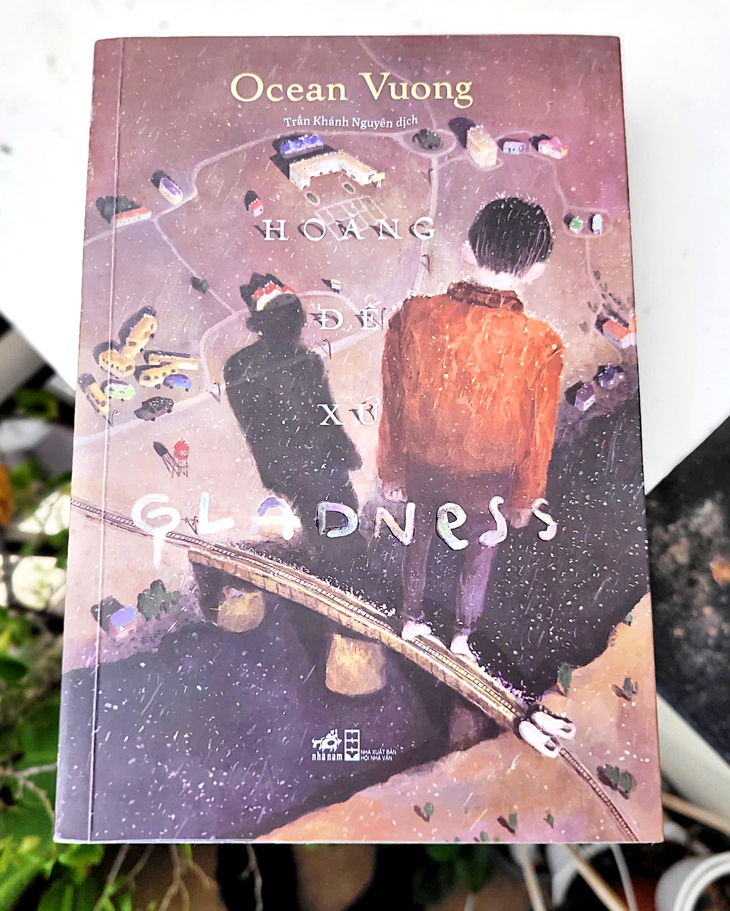
The America we encounter in Raymond Carver's short stories is filled with ordinary, even mundane characters, and even in that mundane life, living is not easy at all.
The main character in Emperor of Gladness is Hai, a direct reference to Ocean Vuong.
Still a conflicted relationship with the mother. A relationship of people who both love and hurt each other. According to what Ocean Vuong shared, he is a person who studies Buddhism. From this detail, we have another perspective to reflect on the Emperor of Gladness .
Hai is both Ocean and not Ocean, of course. But Hai can be the sea of life, the sea of suffering, where people struggle in the depths of despair to find something unimaginable, nameless, something that will forever keep them in this world , to continue searching, to continue walking despite their fears.
The fear Hai carries within himself and confides to his mother in a surreal scene, like a delirium. "I'm so scared, Mom!", what is he afraid of? He's afraid of the future because "it's so big".
The novel The Emperor of Gladness is therefore filled with sadness but not necessarily despair. As Hai's mother told him in his sleep: "That's because you're still too young. Slowly, it will shrink. But don't be afraid of life. Life is beautiful when we do good things for each other."
Good things like the Lithuanian old lady did for Hai, like Hai did for her. Because we are just "Gentle, simple people, living only once" in "a moment of brilliance in this world".
Ocean Vuong was born in 1988. In 1990, he immigrated to Connecticut with his family. In 2017, he won the TS Eliot Poetry Prize.
In 2019 he was awarded a MacArthur Fellowship from the MacArthur Foundation. He writes both poetry and prose. His latest work is the novel The Emperor of Gladness .
Source: https://tuoitre.vn/hoang-de-xu-gladness-cua-ocean-vuong-toi-co-the-giup-gi-cho-ban-20250904094155389.htm




![[Photo] General Secretary To Lam attends the launching ceremony of the website of the Communist Party of Vietnam - 14th National Congress](https://vphoto.vietnam.vn/thumb/1200x675/vietnam/resource/IMAGE/2025/9/12/0d4fce7dbce2409cb3c03c21fdf3c3b5)

![[Photo] Launching Ceremony of the Specialized Electronic Information Page of the Communist Party of Vietnam - 14th Congress](https://vphoto.vietnam.vn/thumb/1200x675/vietnam/resource/IMAGE/2025/9/12/4c1b894be2ea4e3daccfd8c038b6fb46)

![[Photo] Thac Ba Lake: Towards an international-class tourism, resort and cultural center by 2040](https://vphoto.vietnam.vn/thumb/1200x675/vietnam/resource/IMAGE/2025/9/12/0940443efe0a427b88707caadba1cc41)



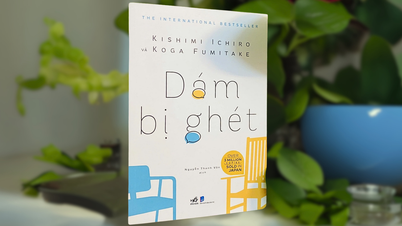
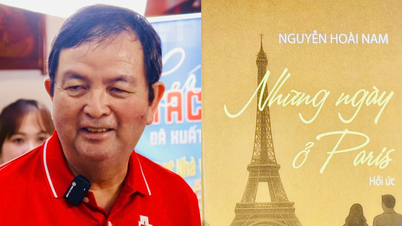





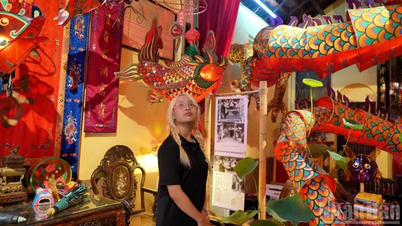

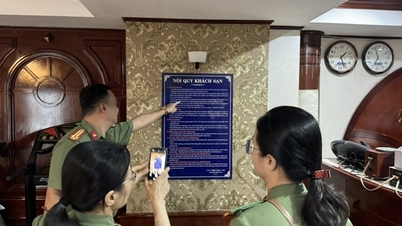


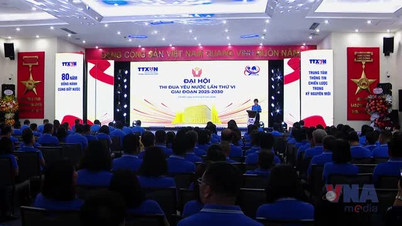





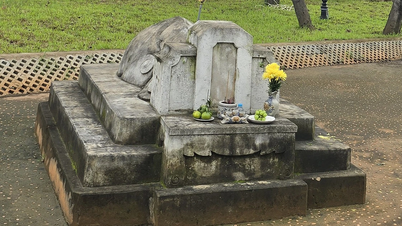





![[Photo] Where the history of resistance comes alive with modern technology at "95 years of the Party Flag lighting the way"](https://vphoto.vietnam.vn/thumb/1200x675/vietnam/resource/IMAGE/2025/9/12/81c1276f52b849c8b16e2d01dd1c85e4)





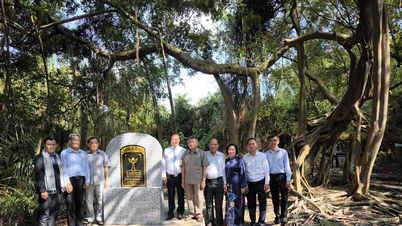


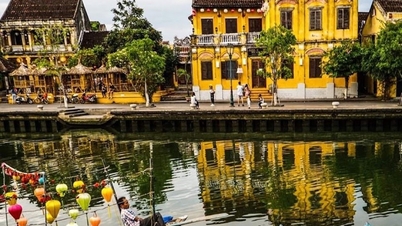




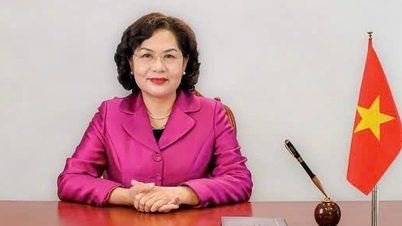



























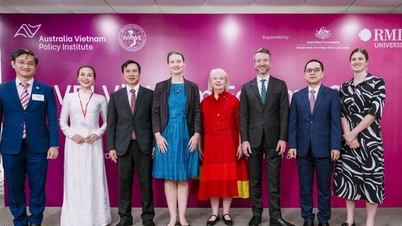




















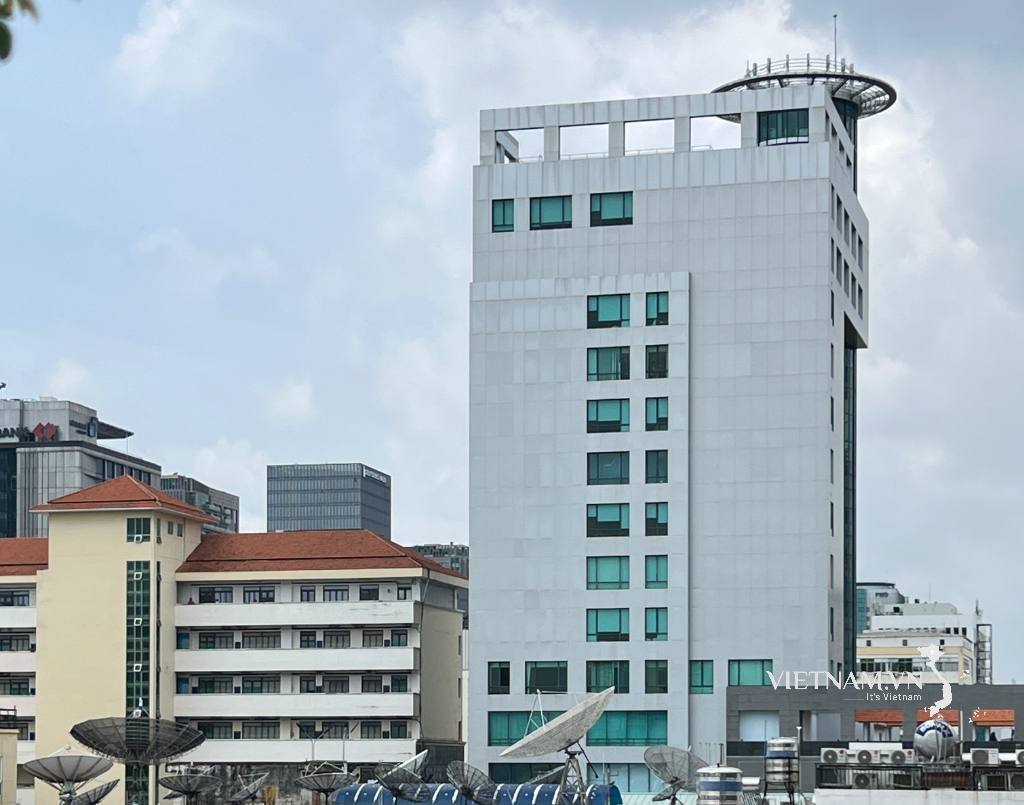



Comment (0)